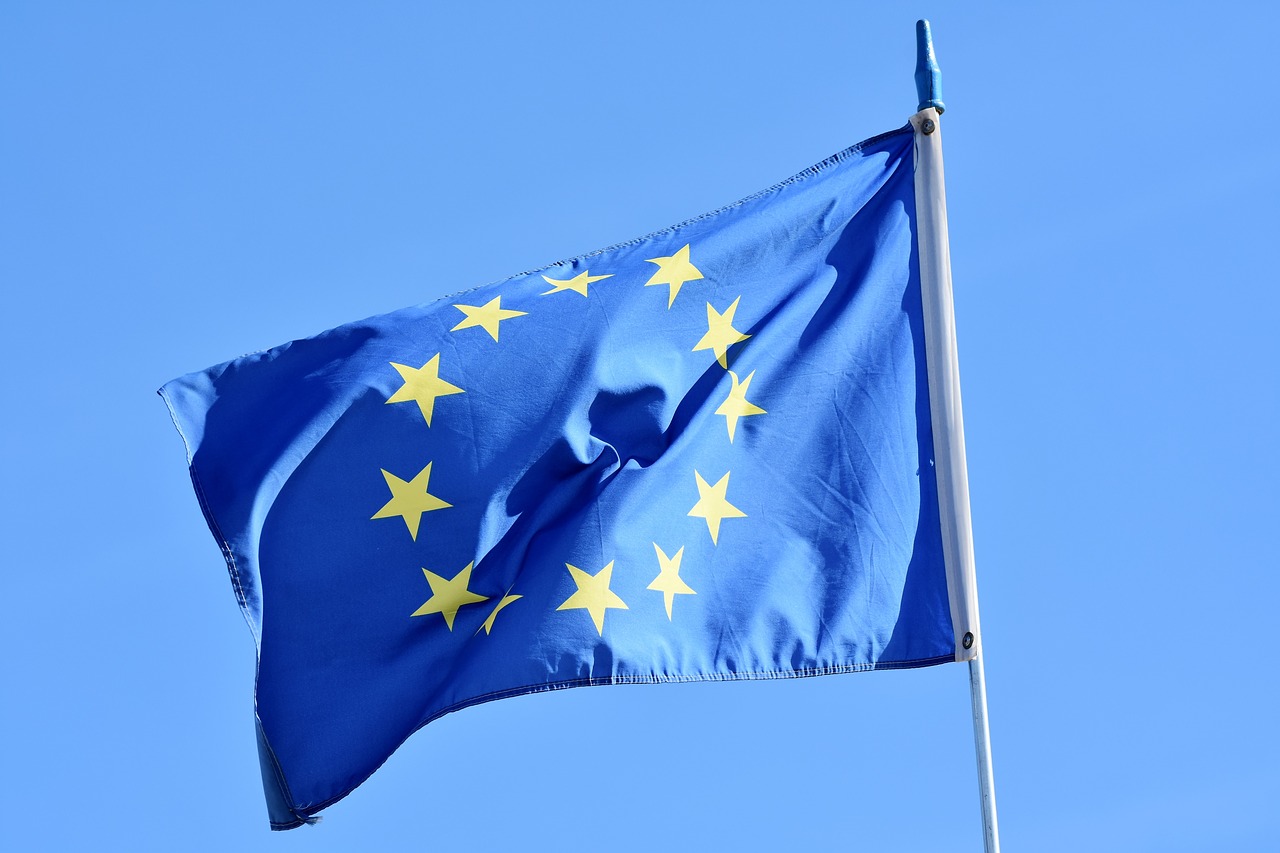EU to Define “Green”
The European Parliament announced today that it will introduce rules to define what qualifies as green or sustainable activities, in order to boost the shift towards eco-friendly investment. In the June plenary session, scheduled for June 17-19, MEPs will vote on a framework that determines which activities can be considered sustainable, establishing a common classification system across the EU, providing business and investors with clarity, and encouraging growth in private sector funding for the transition towards climate neutrality.
The new framework will be based on a provisional agreement reached by Parliament and council negotiators in December 2019, which has been backed by the economic affairs and environment committees.
In December 2019, The European Commission presented the European Green Deal, a roadmap for making the EU’s economy sustainable, setting ambitious climate and energy targets for 2030, and a continental goal of zero net emissions by 2050. Achieving these goals, however, will require substantial investment, with €260 billion estimated to be needed by 2030.
In order to facilitate the significant level of financing that will be required for this transition, which will be made up of a combination of public and private investment, clear criteria defining what exactly is sustainable and eco-friendly will be required. Clear definitions will also help to avoid misdirecting funding “greenwashing” projects that appear to be green, but in reality are not.
The framework will establish six environmental objectives; an activity can be considered environmentally sustainable if it contributes to any of these objectives without significantly harming any of the others.
The environmental objectives are:
- Climate change mitigation (avoiding/reducing greenhouse gas emissions or increasing greenhouse gas removal)
- Climate change adaptation (reducing or preventing adverse impact on current or expected future climate, or the risks of such adverse impact)
- Sustainable use and protection of water and marine resources
- Transition to a circular economy (focusing on the reuse and recycling of resources)
- Pollution prevention and control
- Protection and restoration of biodiversity and ecosystems
Additionally, the European Commission will establish a “do no harm” principle, ensuring that an economic activity that causes more damage to the environment than creating benefits cannot be classified as sustainable. Finally, environmentally sustainable activities should also respect human and labour rights.
The framework requires financial market participants selling financial products and large companies with more than 500 employees will have to disclose how and to what extent their activities contribute to the environmental objectives. Alternatively, they must clearly state if they don’t claim to be sustainable.
Once the rules have been adopted, the European Commission will develop technical criteria for the climate change mitigation and adaptation objectives by the end of 2020, and for the remaining objectives by the end of 2021. The rules will apply for each objective one year after the establishment of technical criteria.





